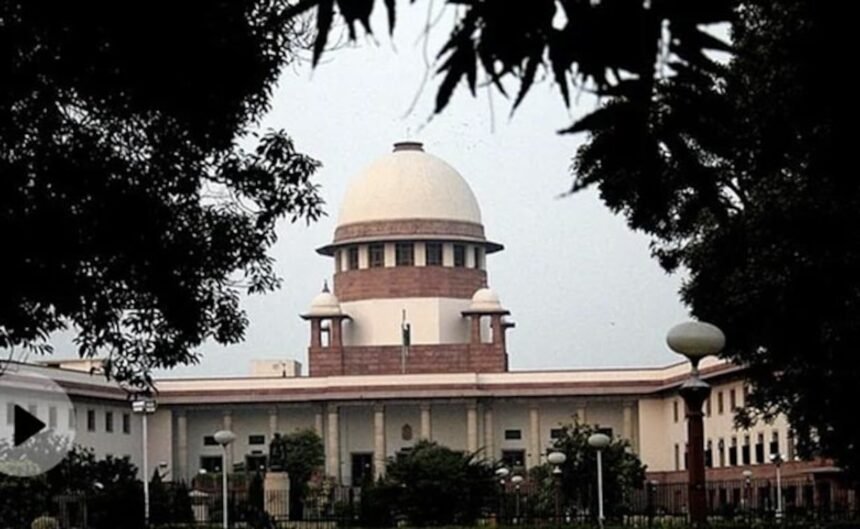The Supreme Court of India has stated that personal liberty should not be compromised, and no one should be detained without legal authority, while examining the legal question of computing the 60/90-day remand period as contemplated in proviso (a) of Section 167 (2) of the Code of Criminal Procedure (CrPC). According to the CrPC, an accused person will be entitled to default bail if the investigating agency fails to file a charge sheet within 60 days from the date of remand, which can be extended to 90 days for certain offenses.
The three-judge bench has held that the stipulated 60/90-day remand period under Section 167 CrPC ought to be computed from the date when a magistrate authorizes remand. The court has further stated that the right to default bail is not extinguished by the subsequent filing of the charge sheet, and the accused continues to have the right to default bail. The legal question arose while hearing a plea filed by the Enforcement Directorate against the order of the Bombay High Court granting default bail to former DHFL promoters Kapil Wadhawan and Dheeraj Wadhawan in a Yes Bank money laundering case being probed by the agency. Yes, the legal question arose while hearing a plea filed by the Enforcement Directorate against the order of the Bombay High Court granting default bail to former DHFL promoters Kapil Wadhawan and Dheeraj Wadhawan in a Yes Bank money laundering case being probed by the agency. The Supreme Court’s observations on personal liberty and the right to default bail were made in the context of this case.
